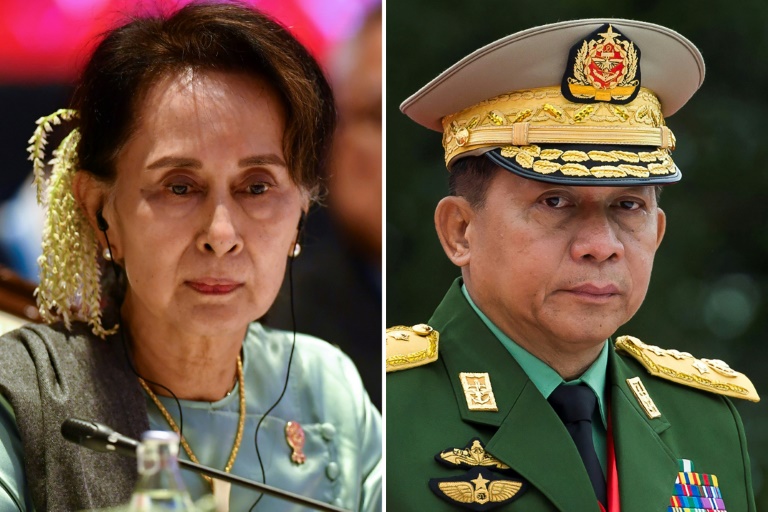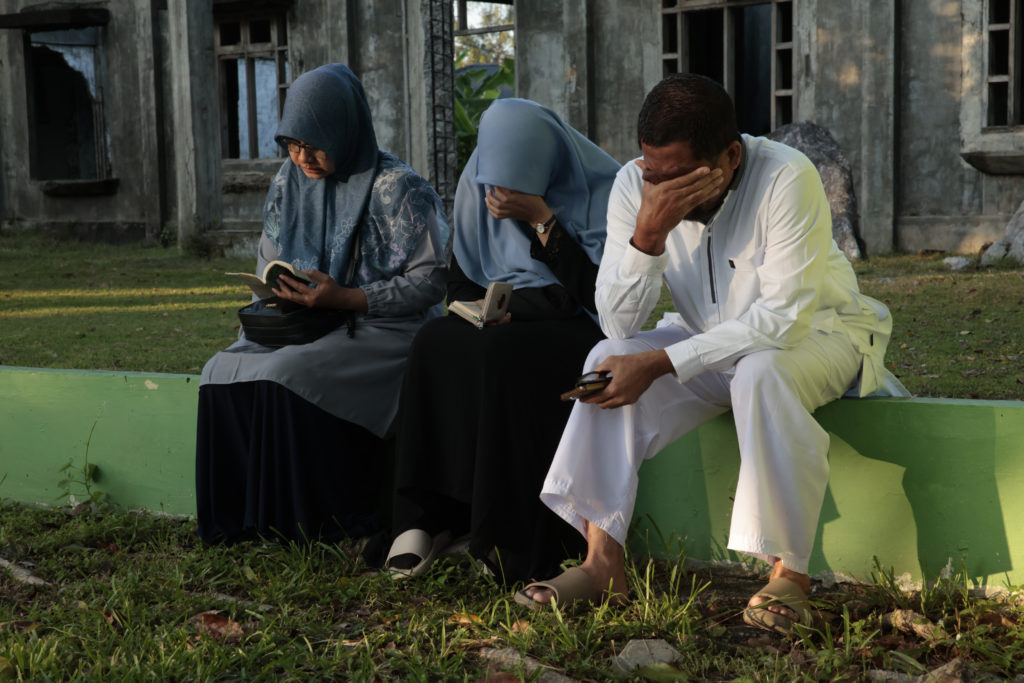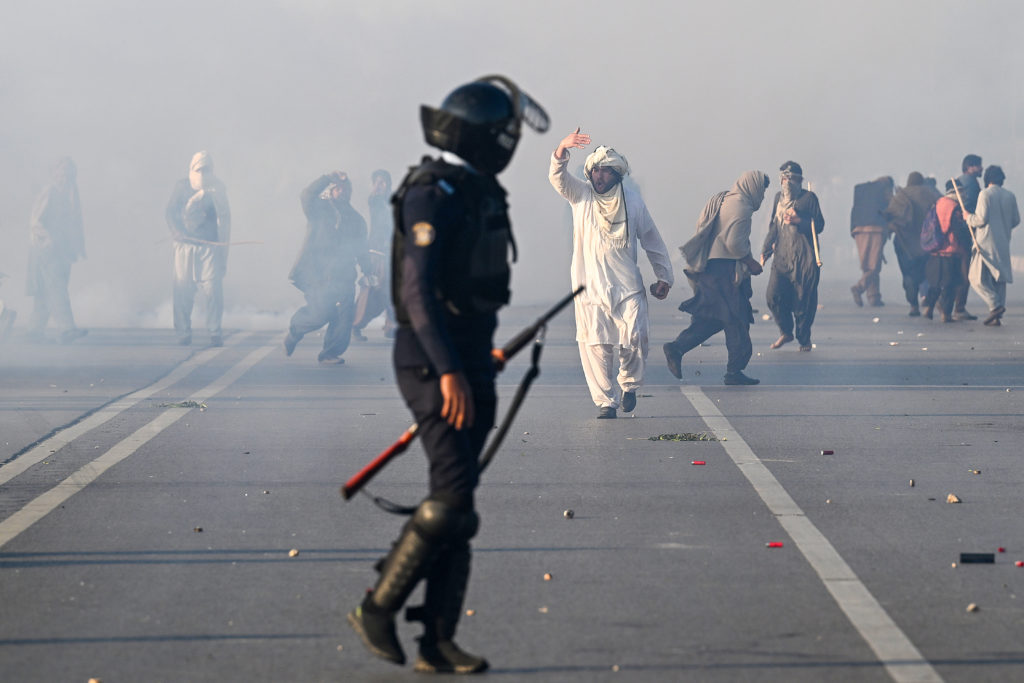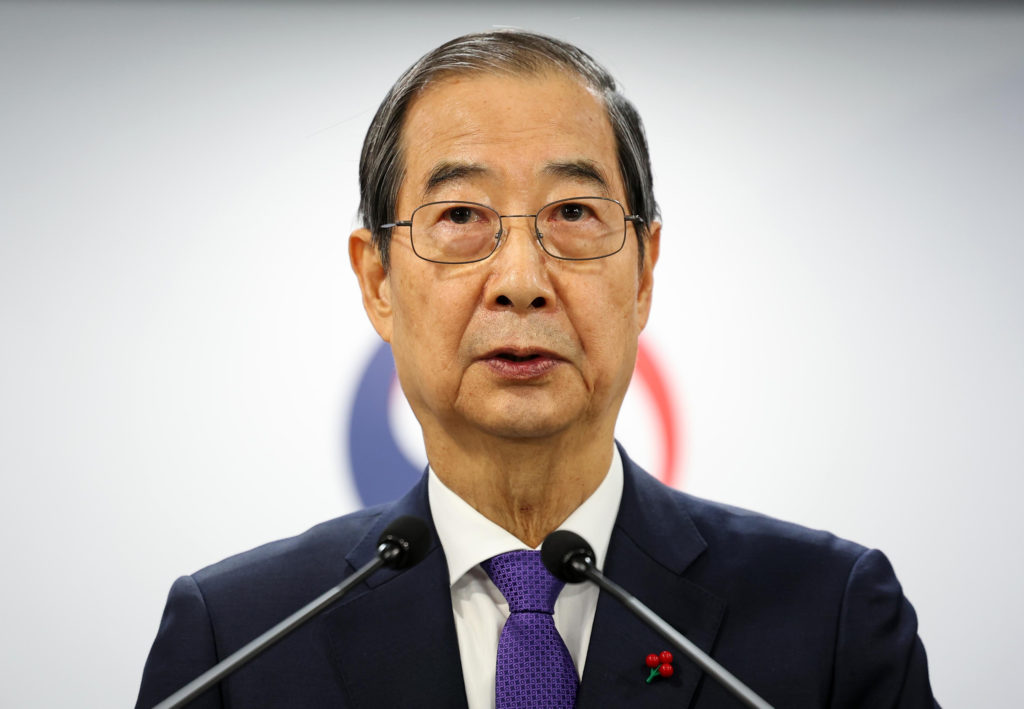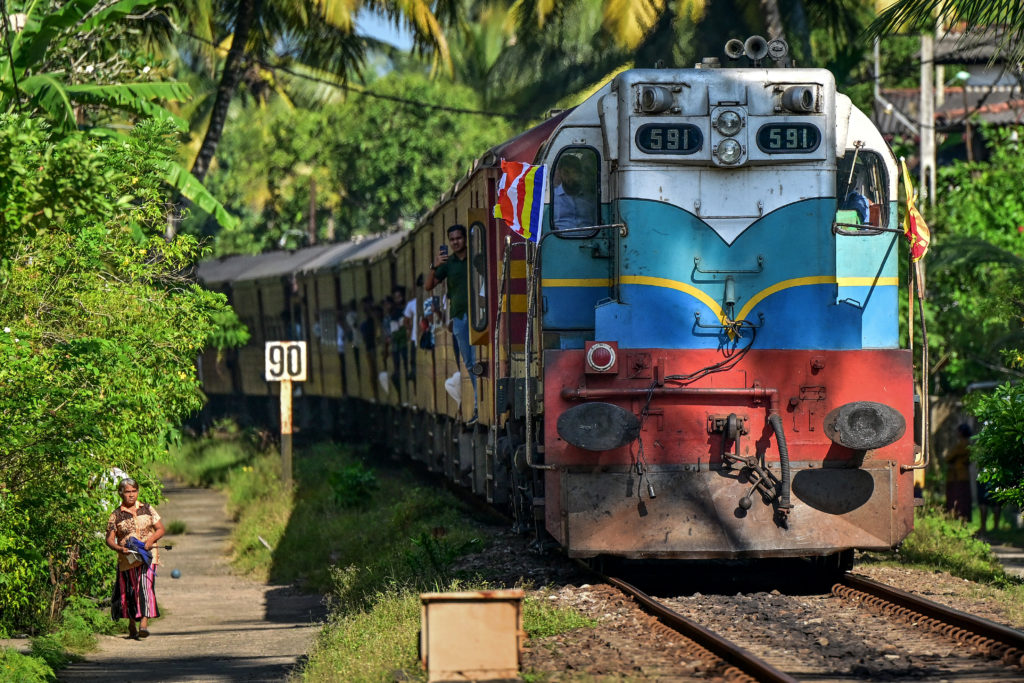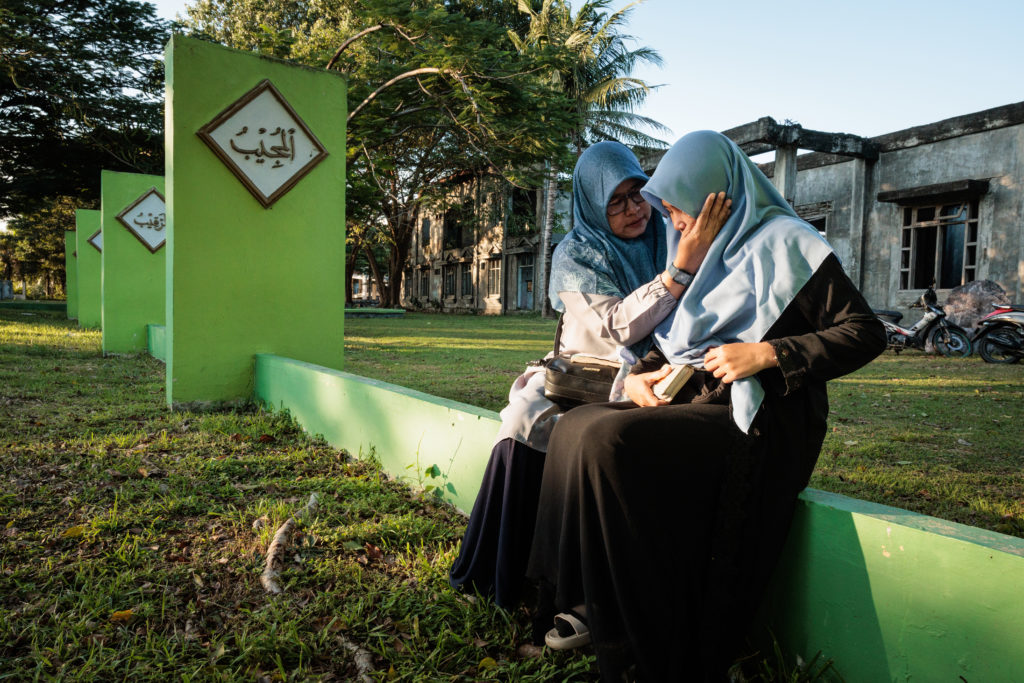Myanmar’s junta chief arrived in Moscow on Sunday to attend a security conference, marking only his second known trip abroad since he seized power in a coup.
Myanmar has been in turmoil since the military overthrew civilian leader Aung San Suu Kyi and her National League for Democracy (NLD) government in February.
Junta leader Min Aung Hlaing left the capital Naypyidaw Sunday on a special flight to attend the Moscow Conference for International Security, state-run MRTV said.
He was attending at “the invitation of Russian Defence Minister,” it said, adding he had been “greeted” by the Russian ambassador to Myanmar at the airport.
It did not give details on how long he was expected to stay in Russia, an ally and major arms supplier to the Myanmar military.
Myanmar’s embassy in Russia later confirmed Min Aung Hlaing’s arrival to Russian state news agency RIA Novosti.
“The commander-in-chief has arrived in Moscow,” an embassy spokesperson was cited by the news agency as saying.
The junta’s brutal crackdown on dissent has since killed at least 870 civilians, according to a local monitoring group.
In May local media reported the chief of Myanmar’s air force attended a military helicopter exhibition in Moscow.
Min Aung Hlaing’s visit comes after the UN General Assembly took the rare step on Friday of calling on member states to “prevent the flow of arms” into Myanmar.
Russia abstained from the vote.
The resolution — which did not go so far as to call for a global arms embargo — also demands that the military “immediately stop all violence against peaceful demonstrators.”
It was approved by 119 countries, with 36 abstaining including China, Myanmar’s main ally. Only one country, Belarus, voted against it.
Min Aung Hlaing attended crisis talks with leaders of the 10-country Association of Southeast Asian Nations bloc in Jakarta in April — his first overseas trip since he seized power.
The meet produced a “five-point consensus” statement that called for the “immediate cessation of violence” and a visit to Myanmar by a regional special envoy.
But the general said in a later television interview that Myanmar was not ready to adopt the plan.
A special envoy has yet to be appointed, and violence has continued across the country.

